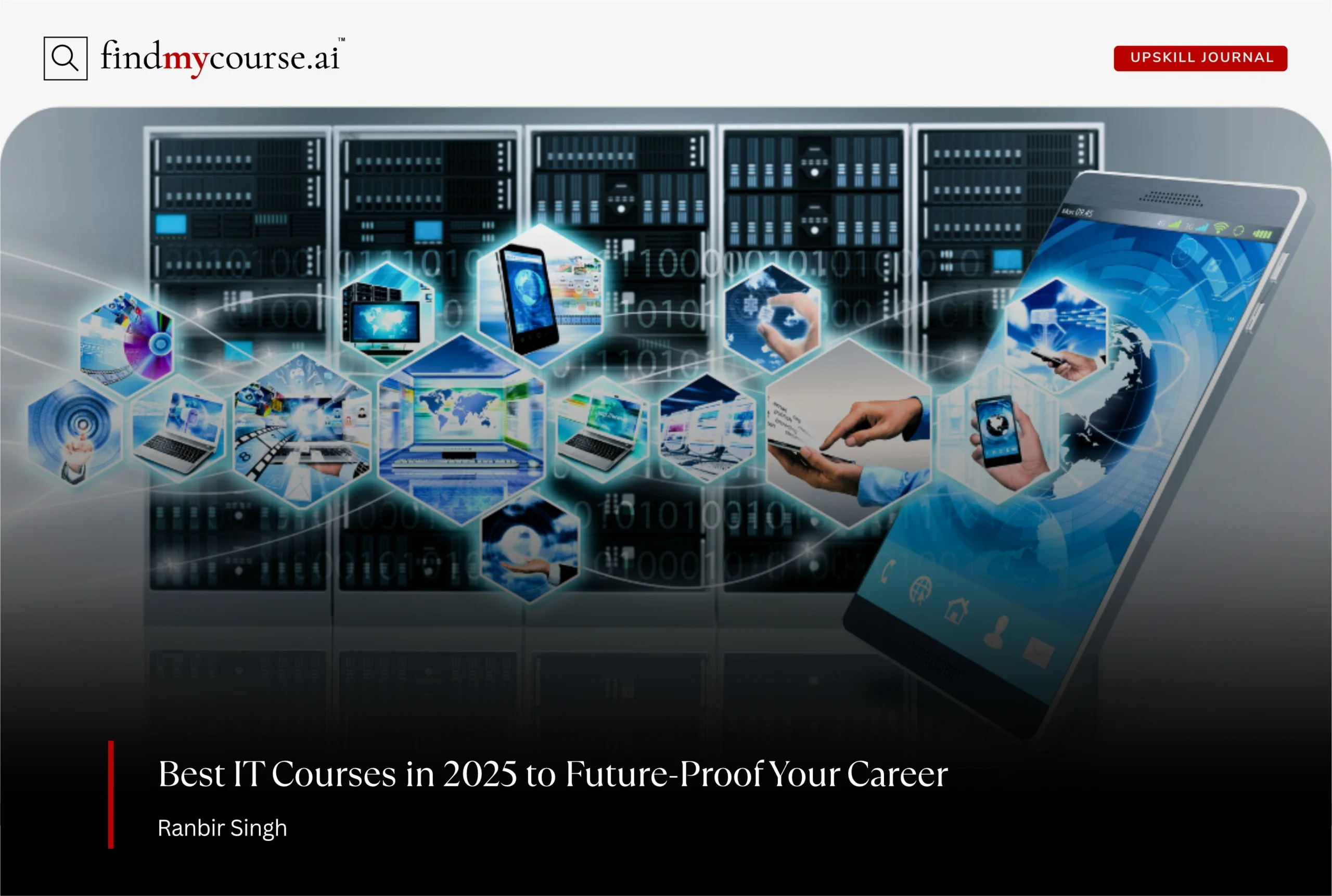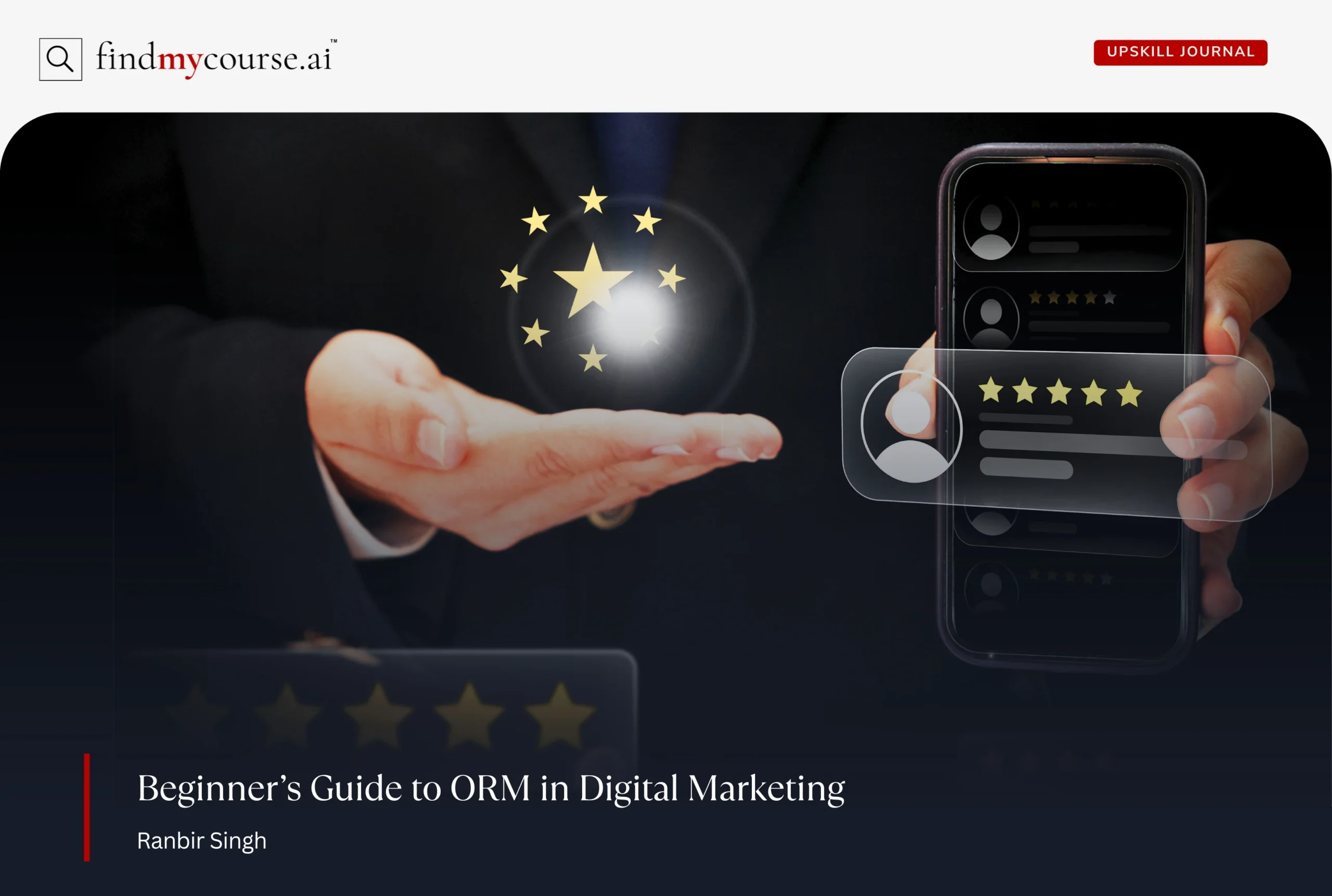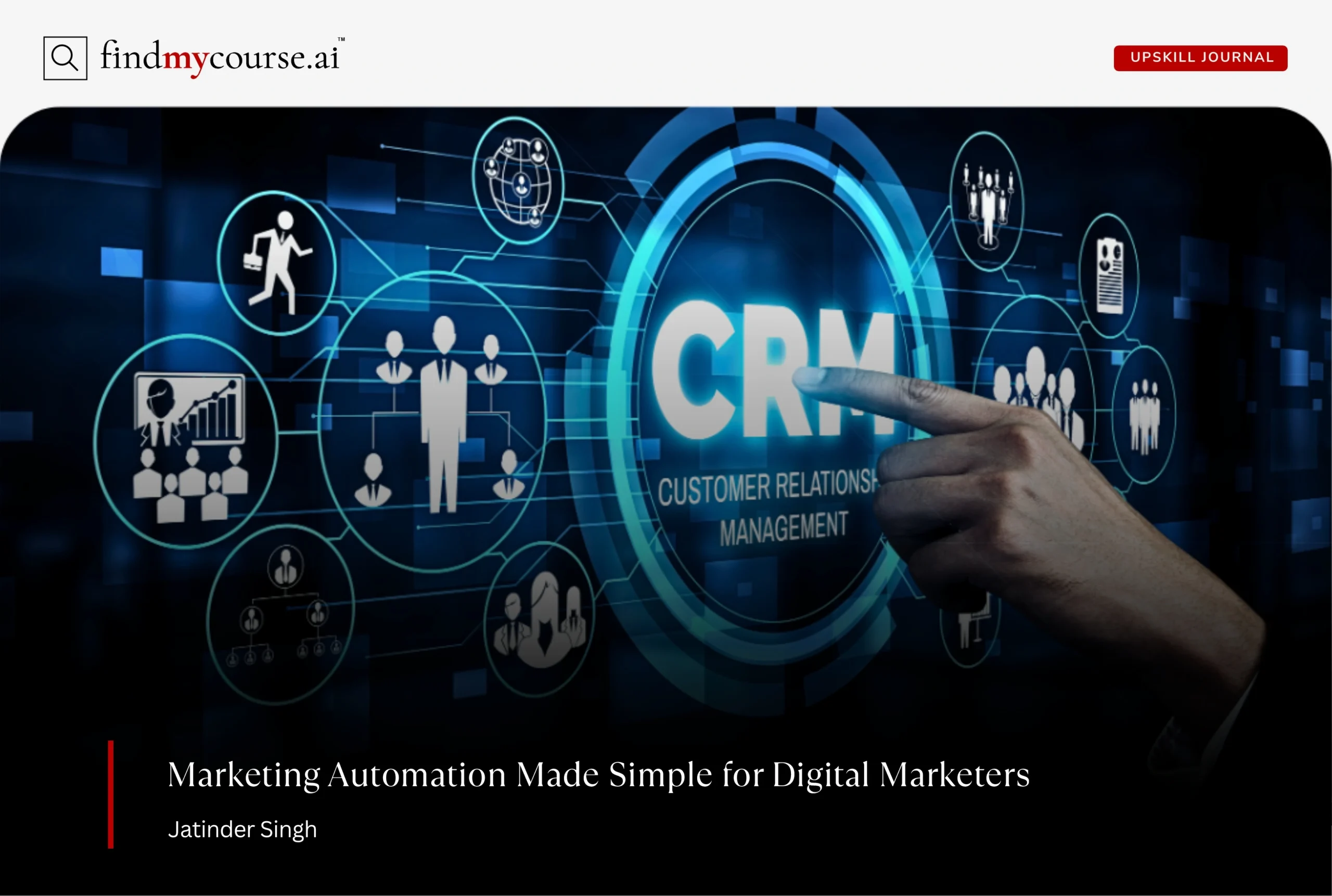Information Technology evolves fast—reshaping how we live, work, and connect. And if you’re not actively updating your skills, your career can quickly lose its edge. Choosing the best IT courses in 2026 isn’t just about learning something new; it’s about staying relevant, employable, and adaptable in a field that never slows down.
Whether you’re just starting out, pivoting your path, or deepening your expertise, the right course can set you apart. Let’s explore the best courses to study online right now, understand why they matter, and help you choose the right direction in the ever-expanding world of Information and Communication Technology.
Why Choosing Future-Proof IT Courses Matters
Technology is evolving faster than ever—and so are the skills employers need. In 2026, the tech industry offers massive opportunity, but it’s also incredibly dynamic. Roles are being created and replaced constantly, and staying relevant means staying adaptable.
That’s where future-proof IT courses come in.
A truly future-proof course doesn’t just teach a tool or language—it equips you with the ability to adapt, grow, and problem-solve as technologies shift. These courses focus on:
- In-demand skills that align with real hiring needs
- Transferable knowledge you can apply across industries
- Hands-on experience that prepares you for real-world challenges
In today’s job market, employers increasingly value practical expertise over traditional degrees. Certifications and specialized ICT training are now powerful signals of job readiness—and a smart way to build a resilient, long-term tech career.
The Best IT Courses to Study in 2026
Let’s break down the best ones that offer real value in today’s market. These aren’t just popular—they’re built around what companies are actively hiring for.
1. Cloud Computing Courses
As businesses migrate to cloud platforms, cloud skills are more essential than ever. Cloud computing professionals help companies manage infrastructure, storage, and services remotely.
These ICT courses typically cover Amazon Web Services (AWS), Microsoft Azure, and Google Cloud. Each of these platforms offers certifications that validate your ability to architect scalable systems and deploy applications securely.
One excellent way to study online in this field is through the Architecting with Google Cloud Specialization on Coursera. It provides step-by-step training on cloud design, security, and deployment—ideal for both beginners and experienced IT professionals.
Cloud roles remain among the most in-demand courses in the industry. They’re perfect for anyone interested in system design, data storage, and virtual environments.
2. Data Science and Analytics
In today’s data-driven world, companies rely on analysts to turn raw data into insights. This makes data science one of the best IT courses to study if you enjoy numbers, logic, and strategy.
Courses in this field teach programming languages like Python and R, along with tools such as SQL, Tableau, and machine learning libraries. These are key skills that help businesses understand customer behavior, forecast trends, and make informed decisions.
A great option for remote learning is the Python for Data Analytics on Coursera. It blends theory with practical projects, offering a well-rounded education in analytics.
Importantly, this course is in demand across nearly every industry—from healthcare to finance to retail.
3. Cybersecurity and Ethical Hacking
As cyber threats grow in sophistication, so does the demand for skilled professionals who can defend digital assets. Cybersecurity training focuses on system protection, threat detection, and risk management.
These programs also include ethical hacking, where learners explore security flaws in systems to understand how real hackers operate. It’s a proactive approach that teaches both defense and offense in digital environments.
If you’re looking to gain expertise at your own pace, the IBM Cybersecurity Analyst Professional Certificate on Coursera delivers practical, hands-on training aligned with industry needs.
These courses are considered essential and are among the most in-demand courses globally due to the sheer volume of cyberattacks occurring daily.
4. Artificial Intelligence & Machine Learning
AI and machine learning have evolved from buzzwords into critical tools. Businesses now use AI to improve customer service, automate processes, and predict outcomes. As a result, courses in AI are increasingly seen as the best IT courses for future-forward professionals.
These typically cover neural networks, deep learning, natural language processing, and reinforcement learning. They also often include hands-on projects that simulate real-world problems.
One of the most accessible introductions is AI for Everyone by Andrew Ng. It’s designed to make AI understandable and relevant—even for non-technical learners.
5. DevOps and Automation
DevOps professionals bridge the gap between development and operations. Their role is to improve software delivery speed, reliability, and scalability. This makes DevOps one of the courses which are in demand for modern software teams.
These ICT courses often cover containerization (Docker), CI/CD pipelines, version control, and infrastructure as code (IaC). Thus, as businesses focus on efficiency and agility, DevOps skills have become increasingly vital.
The DevOps Professional Certificate from LinuxFoundationX on edX is a solid online program that includes training in automation tools and real-world deployment environments.
Additionally, they’re ideal for developers who want to move into systems operations—or operations professionals looking to modernize their skill set.
6. Emerging Tech: Quantum Computing & GIS
If you’re aiming for a niche edge, look into Information and Communication Technology courses in quantum computing and Geographic Information Systems (GIS). These technologies are in early stages, but their potential impact is massive.
Quantum computing is being developed to solve problems traditional computers can’t handle, especially in fields like cryptography and materials science. GIS, on the other hand, is vital in urban planning, navigation systems, and environmental monitoring. It also helps organizations visualize data across geography—used in disaster response, logistics, infrastructure planning, and more.
To explore this field, the Quantum Internet and Quantum Computers course by Delft University, delivered on edX, provides a future-oriented introduction to quantum tech in society.
These are specialized but increasingly recognized as courses which are in demand for those seeking to lead in future tech.
Future-Proof IT Courses Overview (2026)
To help you compare the best IT courses for 2026, here’s a detailed overview of each course area—including average salaries, job roles, time to complete, difficulty level, and what you need to get started.
| Course Area | Duration | Difficulty Level | Prerequisites | Typical Job Roles |
| Cloud Computing | ~1-3 months (for basic certs), 3-6 months for more thorough training | Beginner → Intermediate | Basic networking, Linux, scripting (e.g. Python / Bash), understanding of virtual machines / OS basics | Cloud Engineer / Cloud Administrator / Solutions Architect / Cloud Security Engineer |
| Data Science & Analytics | ~3-6 months for bootcamps / microcredentials; 6-12 months for more in-depth (Master’s, specialization) | Intermediate to Advanced | Python, statistics, linear algebra, basic ML understanding | Data Analyst / Data Scientist / Business Intelligence Specialist |
| Cybersecurity & Ethical Hacking | ~2-4 months for basic certs (like CompTIA, CEH etc.), up to 6+ months for more advanced training | Intermediate | Networking fundamentals, OS basics, Linux, sometimes scripting or Python | Security Analyst / Penetration Tester / Security Engineer |
| AI & Machine Learning | ~4-6 months for certificate programs; 6-12 months for specialization / master’s level | Advanced | Strong Python skills, math (linear algebra, calculus, probability), basic ML knowledge | ML Engineer / AI Engineer / Research Engineer |
| DevOps & Automation | ~2-4 months for fundamentals; 4-6 months for comprehensive programs | Intermediate | Basic scripting, understanding of CI/CD, Linux, cloud services | DevOps Engineer / Automation Engineer |
| Quantum Computing | ~4-8 weeks for intro courses; 3-6 months for deeper specialization / academic courses | Advanced | Linear algebra, probability, possibly physics background, strong math, programming knowledge (Python etc.) | Quantum Algorithm Developer / Researcher / Quantum Software Engineer |
| GIS (Geographic Info Systems) | ~2-4 months for certificates; longer if tied to degrees | Beginner → Intermediate | Basic geography / mapping knowledge, willingness to use specialized software (ArcGIS, QGIS etc.) | GIS Analyst / Cartographer / Mapping Specialist / Geospatial Data Scientist |
How to Choose the Right IT Course
With so many best IT courses available, it’s easy to feel overwhelmed. The key is choosing a course that fits you—your interests, your goals, and also your current career stage.
Based on Your Interests & Goals
Ask yourself:
- Do you enjoy working with data, solving security problems, or building systems?
- Are you more interested in infrastructure (like cloud and DevOps) or intelligence (like AI and data science)?
- Do you prefer visual tools (like GIS) or abstract problem-solving (like quantum computing)?
Let curiosity drive your learning—it’s the best way to stay motivated and stick with it.
Also, look for:
- Recognized certifications that boost employability
- Practical, hands-on projects to build real experience
- Courses backed by reputable platforms or universities
Based on Your Career Stage
| Career Stage | Recommended Approach |
| Just starting out | Begin with broad foundational courses—like basic coding, cloud fundamentals, or entry-level data analytics. |
| Mid-career or pivoting | Choose a specialization (e.g. DevOps, AI, cybersecurity) to transition without starting from scratch. |
| Experienced professional | Go niche or leadership-focused—explore areas like quantum computing, GIS, or IT strategy. |
By aligning your interests with industry demand and your current skill level, you can choose a course that supports not just where you are—but where you want to go.
Final Thoughts
Future-proofing your career isn’t about chasing every trend—it’s about making smart, timely choices that align with where tech is going and where you want to be. With so many quality IT courses available, the real challenge is choosing the one that fits your path. The good news? You don’t need to figure it all out at once—small, focused steps can lead to big changes over time.
If you’re still weighing options or unsure which direction to take, our AI assistant can help you narrow it down—based on your background, interests, and goals.


